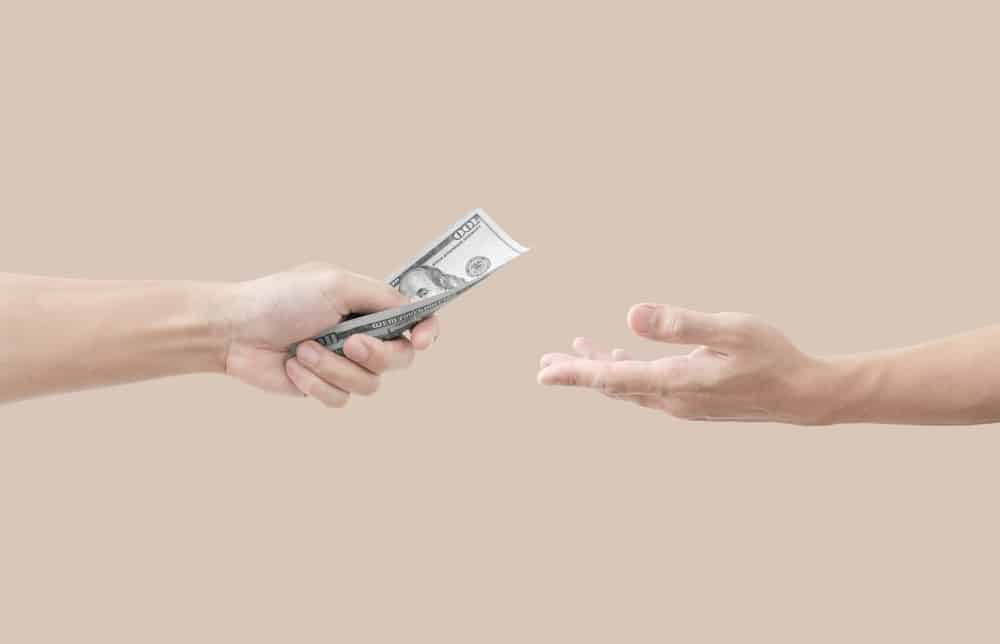
Are You Owed Unclaimed Money?

If someone told you there could be money out there with your name on it—would you check?
Every year, billions of dollars in unclaimed funds sit untouched in government treasuries and financial institutions. It sounds far-fetched, but the truth is, unclaimed money is incredibly common. From old paychecks and forgotten bank accounts to insurance refunds and unused rebates, this hidden cash is often left behind simply because people didn’t know it existed—or didn’t know where to look.
If you’ve ever moved, changed jobs, opened an account and forgot about it, or had utilities in your name, you could be owed something. And the process to find out? It’s surprisingly simple.
What Is Unclaimed Money (and Where Does It Come From)?
Unclaimed money is any financial asset that has gone untouched or unclaimed by its rightful owner for a certain period of time—typically 1 to 5 years, depending on the type of account and the state laws involved.
Some common sources of unclaimed money include:
-
Security deposits from apartments or utilities
-
Old paychecks from a previous job
-
Unused balances in checking or savings accounts
-
Refunds or overpayments on insurance or medical bills
-
Forgotten stock dividends or bond interest
-
Closed 401(k) or retirement accounts
-
Settlements from class action lawsuits
-
Life insurance payouts
When companies, banks, or agencies are unable to reach the owner after a period of inactivity, they are required by law to turn over those assets to the state’s unclaimed property office. States then hold that money until someone claims it. And the best part? There’s no expiration date. It’s yours, and it stays yours, no matter how long it takes to find it.
How to Search for Unclaimed Money (The Right Way)
The safest and most reliable way to look for unclaimed property is through official state-run websites. You can start by visiting Unclaimed.org, which is operated by the National Association of Unclaimed Property Administrators (NAUPA). This site connects you directly to the official unclaimed property pages for every U.S. state and territory.
Another reputable tool is MissingMoney.com, which is supported by participating state governments. It lets you search multiple states at once using your name and city or ZIP code.
Here’s a simple checklist to get started:
-
Search all states where you’ve lived or worked
-
Try different versions of your name (middle initials, maiden names, etc.)
-
Check for deceased relatives—you might be entitled to money through inheritance
If you find something, you’ll be prompted to file a claim. The process usually involves uploading proof of identity (like a photo ID or utility bill) and, in some cases, documents connecting you to the original account (such as old addresses or employment history).
How Much Can You Get?
The amount of unclaimed money varies wildly. Some people discover small checks for $12 or $50—often from a forgotten rebate or closed account. Others uncover thousands in insurance payouts or uncashed stock dividends.
There have even been documented cases of people recovering tens of thousands of dollars from forgotten retirement accounts or estates they didn’t know they were part of. That said, there’s no guarantee you’ll find something, and no one should expect a windfall. But for many, even a few hundred dollars can provide a welcome financial cushion.
The important thing is: you don’t know until you check.
Common Myths About Unclaimed Money
There are quite a few misconceptions floating around about unclaimed funds. Let’s clear a few of them up:
Myth: You’ll be contacted if money is owed to you.
Reality: Most agencies don’t have updated contact info and won’t track you down. It’s up to you to search.
Myth: You have to pay a company to search for you.
Reality: You can search and file claims entirely for free using official state websites. Be wary of third-party “finder” services that charge fees.
Myth: If I haven’t claimed it yet, it’s too late.
Reality: In almost every state, the funds are held indefinitely. There’s no expiration.
Helpful Tips Before You Start
-
Be prepared to prove who you are. A driver’s license or Social Security number is often required.
-
Use a secure internet connection. You’ll be submitting personal info—make sure your connection is private.
-
Keep an eye on your claim. Some take a few weeks to process, others may take longer depending on how complex the situation is.
You can also set a reminder to check again next year. States continue to receive new unclaimed property every day, so even if nothing comes up now, something could pop up later.
Final Thoughts
Checking for unclaimed money is one of those rare tasks that’s free, takes just a few minutes, and could actually put money back in your pocket. There’s no downside to looking—and it’s often a fun surprise when people discover something they didn’t know they had.
Whether you find $20 from a long-forgotten rebate or something more substantial, that money is yours by law. And with everything getting more expensive these days, even a little bit of unexpected help can go a long way.
So go ahead—take five minutes today. It just might be the easiest money you’ve ever found.
Disclaimer
JetWord is a privately owned platform and is not affiliated with or endorsed by any government agency. The information provided on this site is for general educational purposes only and should not be considered legal or financial advice. Government programs, databases, and procedures may change without notice, and while we aim to provide accurate, up-to-date content, we encourage readers to consult official state or federal websites directly for the most current information.
We do not offer or process claims for government-held property, nor do we guarantee eligibility or the existence of unclaimed funds.
Related Posts
-
How to Qualify for Over $2,000 a Month in Benefits
07 | 06 | 2025
Advertisement If you’re living with a disability and unable to work, Social Security Disability Insurance (SSDI) can provide critical income to help cover your bills, food, and housing. But many people don’t realize that SSDI payments can vary widely—and yes, some recipients get over $2,000 a month in benefits. So how does that work? And […]
-
How to Find Low-Income Housing With No Waiting List
07 | 06 | 2025
Advertisement If you’ve ever applied for low-income housing, you probably know how frustrating the wait can be. It’s not unusual for public housing or Section 8 waitlists to be closed for years—or for your name to sit in the same place for what feels like forever. When you’re in a housing crisis or facing financial […]
-
How to Check Your Section 8 Status
07 | 06 | 2025
Advertisement If you’ve applied for Section 8 housing assistance, you’re not alone—and you’re probably wondering what happens next. The waiting process can feel long, confusing, and stressful, especially when your housing situation is uncertain. It’s completely normal to want updates. You might be asking yourself, “How can I check my Section 8 status?” or “Why […]
-
Advertisement Feeding your family shouldn’t be a daily struggle—but for millions of Americans, it is. With grocery prices continuing to rise and budgets stretched thin, many households find themselves forced to make tough choices between food, rent, and other basic needs. That’s where the Supplemental Nutrition Assistance Program, or SNAP, comes in. Often still referred […]
-
How to Get Emergency Section 8 Housing Fast
07 | 06 | 2025
Advertisement When you’re facing a housing emergency, every moment feels urgent. Whether you’re escaping abuse, sleeping in your car, or recovering from a disaster, waiting on a years-long housing waitlist isn’t an option. That’s where Emergency Section 8 housing—also known as a priority or preference status—can be a vital resource. This guide walks you through […]





